Madeline Earp
Madeline Earp is a consultant technology editor for CPJ. She has edited digital security and rights research for projects including five editions of Freedom House’s Freedom on the Net report, and is a former CPJ Asia researcher.

CPJ reiterates call for Rwanda to investigate John Williams Ntwali’s death
Nairobi, March 15, 2023—The Committee to Protect Journalists today joined 85 other organizations in reiterating calls for the Rwandan government to allow an independent, impartial investigation into the death of investigative journalist John Williams Ntwali. Authorities said that Ntwali died on January 18 in a road accident in the Rwandan capital Kigali, but CPJ and other…
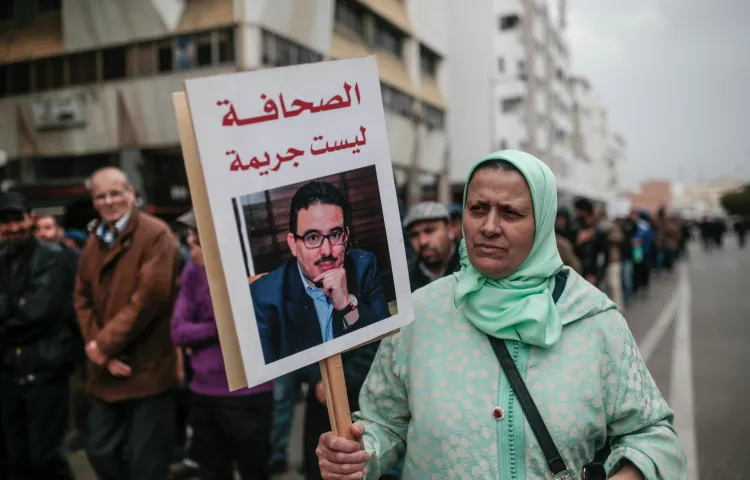
CPJ calls for Morocco to release journalist Taoufik Bouachrine 5 years after his arrest
CPJ has joined 41 other rights groups urging Moroccan authorities to immediately release journalist Taoufik Bouachrine, former editor-in-chief of local independent newspaper Akhbar al-Youm, on the fifth anniversary of his arrest in 2018. Bouachrine is serving a 15-year prison sentence on sexual assault charges that were brought in retaliation for his reporting. The joint statement…
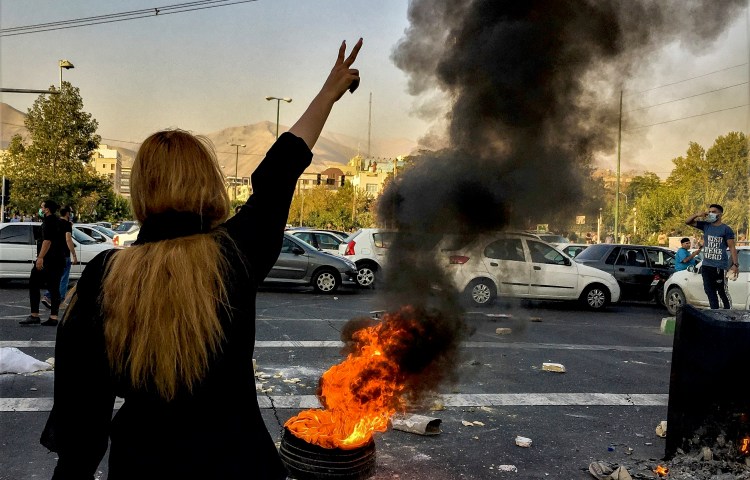
Iran’s seizure of detained journalists’ devices raises fears of fresh arrests, convictions
Five months after the death of a young woman in morality police custody sparked widespread protests, Iranian authorities are charging journalists who covered the uprising with anti-state crimes. In many of these cases, authorities have powerful tools at their disposal to aid in convictions: journalists’ phones and laptops. CPJ counted at least 95 journalists arrested since the start of the protests….

How UK Online Safety Bill threatens encryption, secure communication, and reporting on migration
Does the image above, depicting the rescue of a child who attempted to reach the U.K. by sea, present the act of immigration in “a positive light”? It’s an absurd question, of course. It’s journalism – an effort to convey in visual terms the stark truth that tens of thousands of migrants and asylum-seekers try to get…
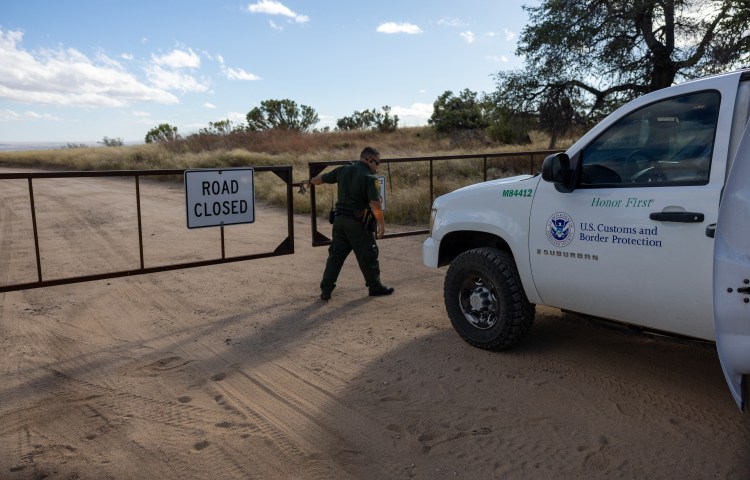
Forensic tools open new front for using phone data to prosecute journalists
On April 13, police in Russia’s Khakassiya republic arrested Mikhail Afanasyev and seized his digital devices. Afanasyev, chief editor of the online magazine Novy Fokus, was detained based on an article about riot police in southern Siberia refusing to serve in Ukraine. He faces a possible 10-year prison sentence for spreading “false” information. It’s not surprising for…
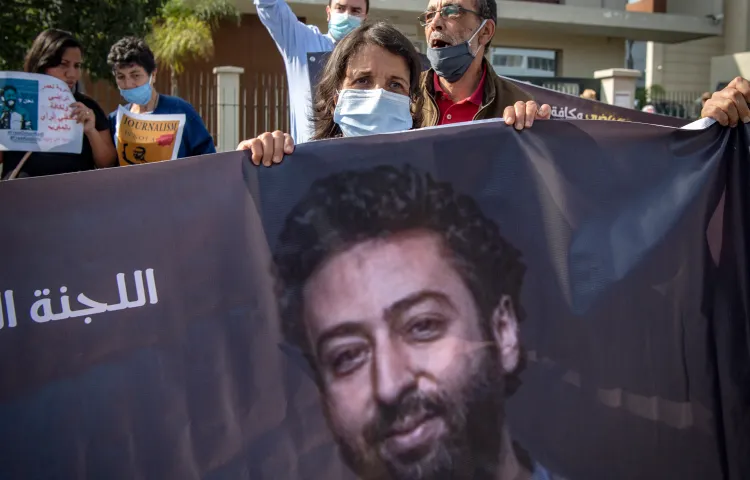
In Morocco, journalists – and their families – still struggle to cope with spyware fears
By CPJ MENA Staff Last July, when the Pegasus Project investigation revealed that imprisoned Moroccan journalist Soulaiman Raissouni was selected for surveillance by Israeli-made Pegasus spyware, the journalist could only laugh. “I was so sure,” his wife Kholoud Mokhtari said Raissouni told her from prison. Raissouni is one of seven local journalists named by the…

CPJ recommendations to protect journalists against spyware
The arbitrary or unlawful use of spyware technologies violates human rights and causes direct damage to journalists and their ability to report freely and safely. These recommendations are necessary to protect journalists and their sources. For all governments For the U.S. government For European Union institutions For companies For international organizations See CPJ’s 2021 policy…
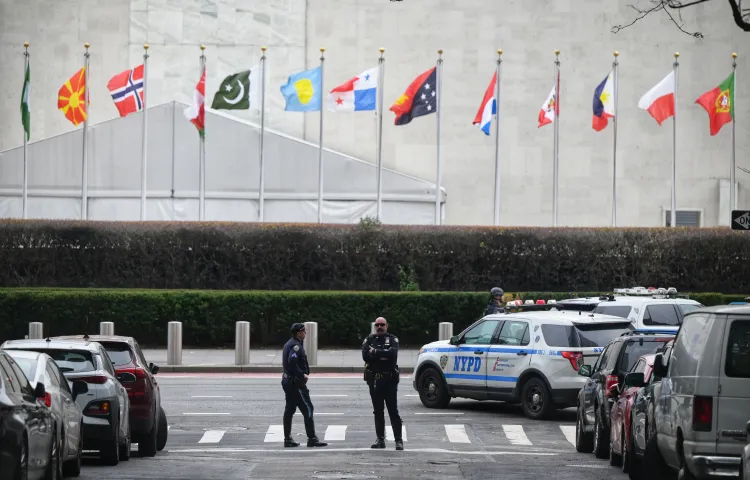
Why the UN’s push for a cybercrime treaty could imperil journalists simply for using the internet
Cybercrime is on the global agenda as a United Nations committee appointed to develop a treaty on the topic plans for its first meeting amid pandemic-related delays. The process is slated to take at least two years, but experts warn that such a treaty – initially proposed by Russia – could hand new tools to…
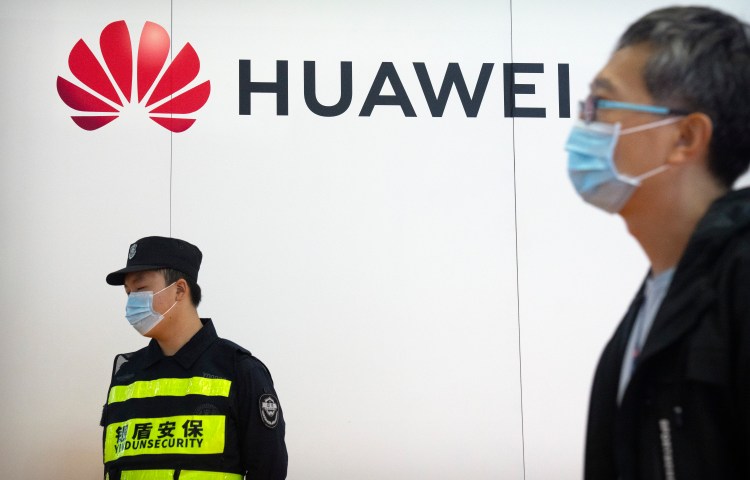
How China’s Huawei technology is being used to censor news halfway across the world
When a staffer at the independent media website Iwacu in the central African state of Burundi tried to visit the outlet online in late October, they received an error message instead. “Hum. Nous ne parvenons pas à trouver ce site;” the site could not be found – even though the local media regulator had promised…
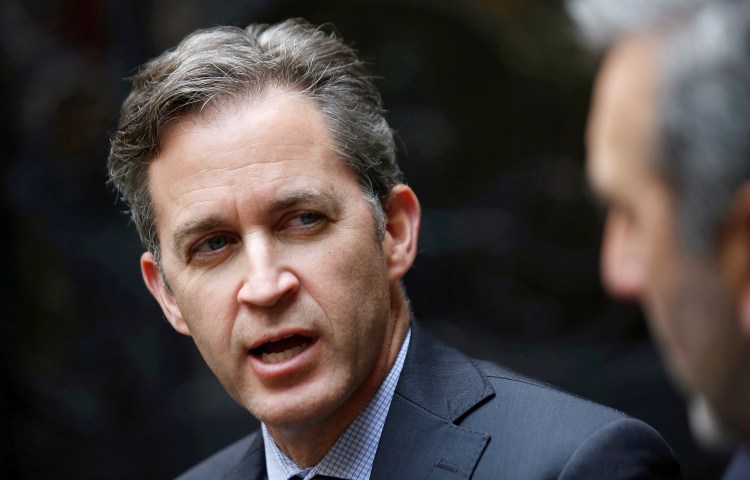
David Kaye on the Pegasus Project and why surveillance reform should reach beyond NSO Group and Israel
In 2020, then-United Nations special rapporteur for freedom of opinion and expression David Kaye pressed Israeli firm NSO Group in a public letter for details about its human rights due diligence and assertions that Saudi Washington Post columnist Jamal Khashoggi had not been targeted with its Pegasus spyware before his brutal 2018 murder. The group…